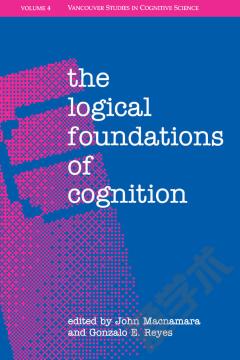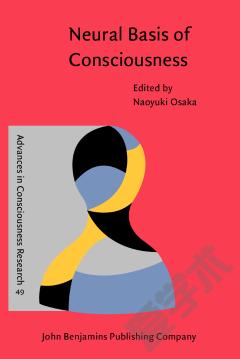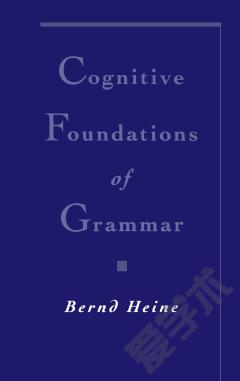Foundations of Understanding.
How can symbols have meaning for a subject? Foundations of Understanding argues that this is the key question to ask about intentionality, or meaningful thought. It thus offers an alternative to currently popular linguistic models of intentionality, whose inadequacies are examined: the goal should be to explain, not how symbols, mental or otherwise, can refer to or ‘mean’ states of affairs in the external world, but how they can mean something to us, the users. The essence of intentionality is shown to be conscious understanding, the roots of which lie in experiences of embodiment and goal-directed action. A developmental path is traced from a foundation of conscious understanding in the ability to perform basic actions, through the understanding of the concept of an objective, external world, to the understanding of language and abstract symbols. The work is interdisciplinary: data from the neurosciences and cognitive psychology, and the perspectives of phenomenologists such as Merleau-Ponty, are combined with traditional philosophical analysis. The book includes a chapter on the nature of conscious qualitative experience and its neural correlates. (Series A)
{{comment.content}}








 京公网安备 11010802027623号
京公网安备 11010802027623号